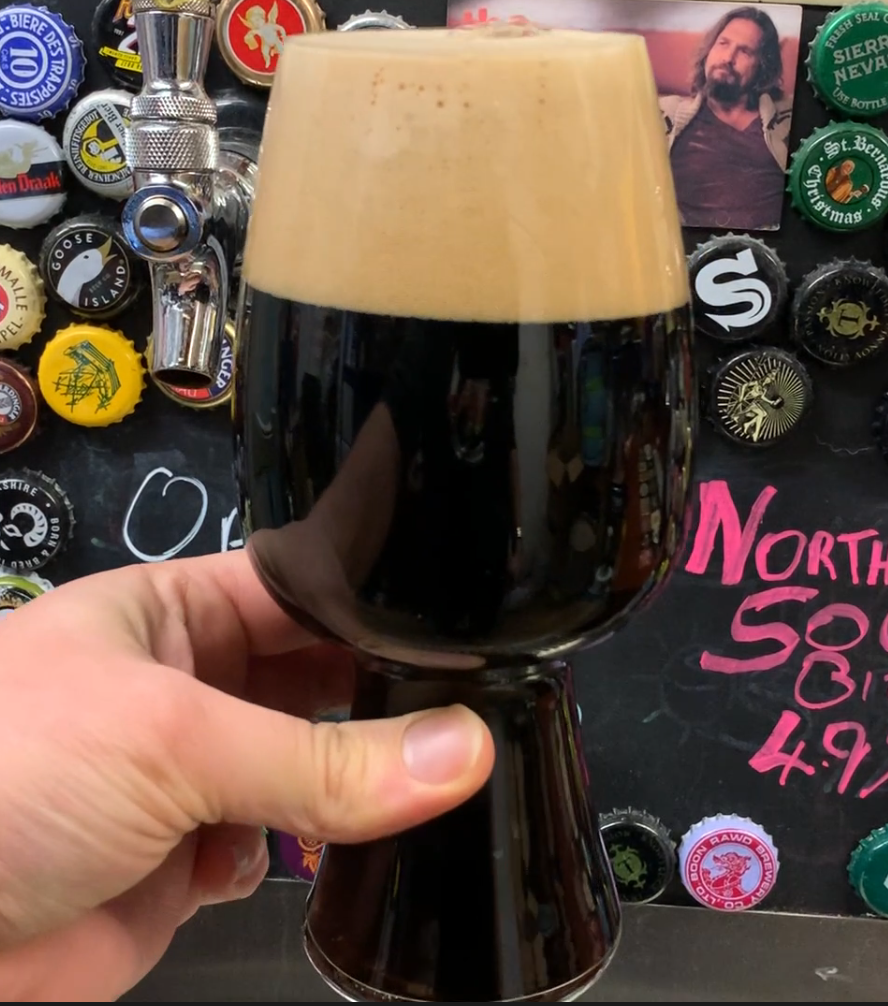Lockdown
So, the lockdown affects us all, massively. Covid-19 is having such a huge effect on many things, and at the same time its Easter so a lot of people, including myself and the Trickster are spending time with our families, as such the next episode has been recorded but the editing of it is taking a little while longer than expected. I realise there are a lot of people who will be looking for content to listen to, and things to watch to while away the time during this challenging time, so I’m gonna recommend everyone jumps over to YouTube and checks out Dudes Brews channel.
https://www.youtube.com/channel/UC5RBOD92uQVqe8lOiU-R9FQ
Should be sufficient to raise your brewing game to a new level and if you find the right videos, there is some funny stuff there too.
Check it out, and we’ll have the next episode to you as soon as we can.


